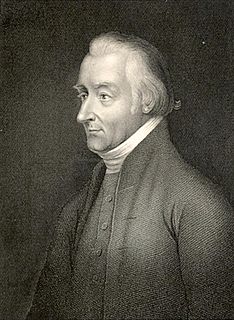A Quote by David Crystal
Grammar is what gives sense to language .... sentences make words yield up their meaning. Sentences actively create sense in language. And the business of the study of sentences is grammar.
Related Quotes
Syntax is the study of the principles and processes by which sentences are constructed in particular languages. Syntactic investigation of a given language has as its goal the construction of a grammar that can be viewed as a device of some sort for producing the sentences of the language under analysis.
By a generative grammar I mean simply a system of rules that in some explicit and well-defined way assigns structural descriptions to sentences. Obviously, every speaker of a language has mastered and internalized a generative grammar that expresses his knowledge of his language. This is not to say that he is aware of the rules of the grammar or even that he can become aware of them, or that his statements about his intuitive knowledge of the language are necessarily accurate.
I remember one English teacher in the eighth grade, Florence Schrack, whose husband also taught at the high school. I thought what she said made sense, and she parsed sentences on the blackboard and gave me, I'd like to think, some sense of English grammar and that there is a grammar, that those commas serve a purpose and that a sentence has a logic, that you can break it down. I've tried not to forget those lessons, and to treat the English language with respect as a kind of intricate tool.
I subject my sentences and the words to a kind of Grand Inquisition. I'm trying always to leave out what I think is extraneous. And to find what I think is the most wonderful language to make a beautiful sentence. Not beautiful in the sense of "oh it's flowy" but in the sense that it really does what it's supposed to do, it what I want it to say.
I'm very concerned with questions of language. This is what I think of when I think of myself as a writer: I'm someone who writes sentences and paragraphs. I think of the sentence - not only what it shares but, in a sense, what it looks like. I like to match words not only in a way that convey a meaning, possibly an indirect meaning, but even at times words that have a kind of visual correspondence.
If the rules of a language are followed, words usually make sense. But these very rules can stir the impulse to rebel. We're obliged to keep trying to convey meaning through correct sentences. After a while, the good-soldier rigidity of polished prose can begin to seem dull, and it gets harder to resist the temptation of nonsense.
The words are strung together, with their own special grammar-the laws of quantum theory-to form sentences, which are molecules. Soon we have books, entire libraries, made out of molecular "sentences." The universe is like a library in which the words are atoms. Just look at what has been written with these hundred words! Our own bodies are books in that library, specified by the organization of molecules-but the universe and literature are organizations of identical, interchangeable objects; they are information systems.
Lying is the misuse of language. We know that. We need to remember that it works the other way round too. Even with the best intentions, language misused, language used stupidly, carelessly, brutally, language used wrongly, breeds lies, half-truths, confusion. In that sense you can say that grammar is morality. And it is in that sense that I say a writer's first duty is to use language well.


































